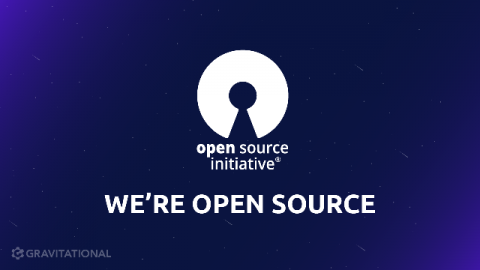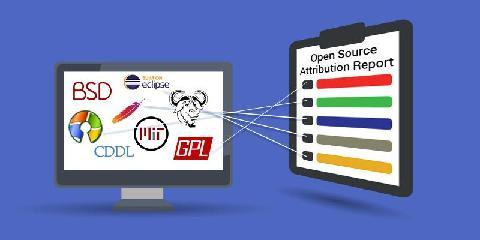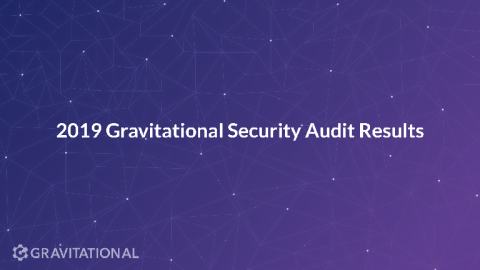Open source licenses: No license, no problem? Or ... not?
In 2019, the Black Duck® Audit Services team audited 1,253 codebases to identify open source components, their associated licenses, security vulnerabilities, and overall community activity. Our Audit Services team has extensive experience in not only identifying open source licenses, but also researching the more than 2,700 license permutations that exist in the open source world. But what happens when an open source component has no license at all?











